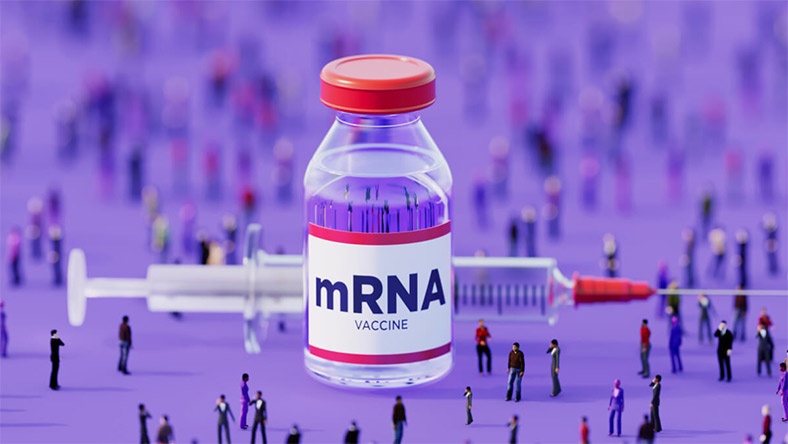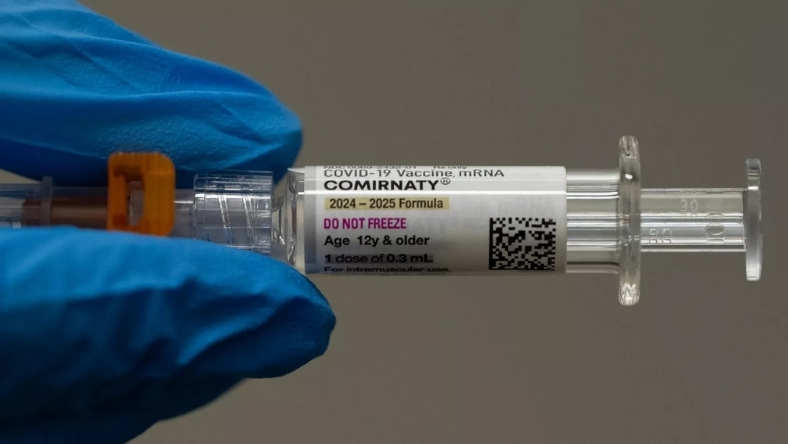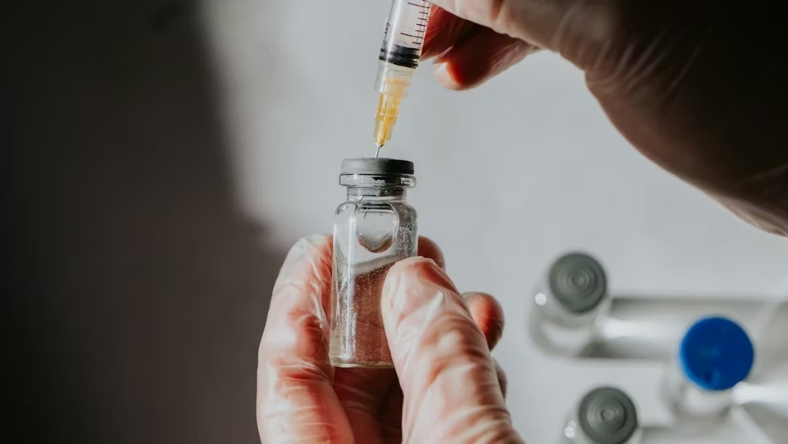INSIGHTS
The Rare-Disease Frontier Where mRNA Is Headed
Acuitas pioneers gene-editing delivery for rare disease, signaling mRNA's evolution beyond vaccines.
6 Aug 2025

The pandemic briefly made mRNA a household term. Now, as federal contracts for vaccine development fade, with 22 deals worth nearly $500m recently cut, biotech firms are redirecting their efforts toward harder, narrower targets.
One Canadian company has shown what this reinvention looks like. Acuitas Therapeutics, best known for its lipid nanoparticle delivery system, has used the technology to carry a personalised gene-editing therapy to a child with a rare genetic disorder. It is the first success of its kind, and a reminder that the machinery built for mass vaccination can be adapted for precision medicine.
Analysts see a broader shift. Moderna is advancing programmes for metabolic disorders such as propionic acidemia and methylmalonic acidemia. Oncology and rare diseases are expected to make up an increasing share of the field, with annual revenues forecast to exceed $30bn by 2030. Acuitas, once a background supplier of delivery systems, is now viewed as a strategic partner in constructing pipelines for bespoke therapies.
The hurdles are large. Rare-disease trials involve tiny patient pools, making robust statistical design difficult. Costs are eye-watering: Zolgensma, a gene therapy for spinal muscular atrophy, carries a $2.1m price tag per dose. Even with promising science, affordability and access will decide who benefits.
Regulators are trying to keep up. Both America's FDA and Europe's EMA have created accelerated pathways to speed approvals in rare diseases, reflecting unmet needs. But flexible regulation alone cannot solve the financial strain of personalised cures.
For the mRNA industry, this turn to rare disease marks both necessity and opportunity. As the vaccine market cools, the technology's future lies in proving it can do more than respond to pandemics. If the momentum continues, mRNA will be defined less by crisis response and more by its ability to tackle medicine's toughest, and rarest, problems.
Latest News
18 Feb 2026
How the Cloud Powers the Next mRNA Breakthrough16 Feb 2026
Can Europe Win the mRNA Cancer Race?12 Feb 2026
FDA Refusal-to-File Resets mRNA Flu Strategy11 Feb 2026
Britain’s Bet On Better RNA Factories
Related News

TECHNOLOGY
18 Feb 2026
How the Cloud Powers the Next mRNA Breakthrough

INSIGHTS
16 Feb 2026
Can Europe Win the mRNA Cancer Race?

REGULATORY
12 Feb 2026
FDA Refusal-to-File Resets mRNA Flu Strategy
SUBSCRIBE FOR UPDATES
By submitting, you agree to receive email communications from the event organizers, including upcoming promotions and discounted tickets, news, and access to related events.